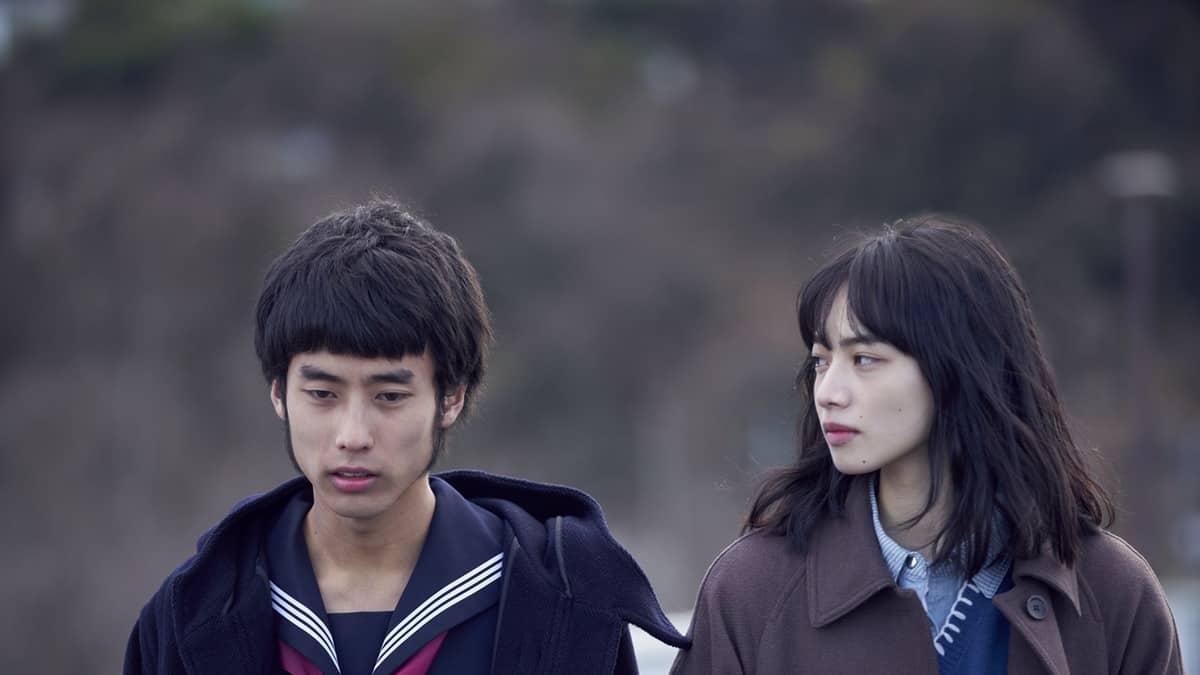Yohei Suzuki's first feature film, “Ow” was quite weird, through a combination of surrealism, drama, and mystery. However, it seems that Suzuki had a lot more of this weirdness to present, and he does so in this 45-minute short, which definitely falls under the category of the “nonsense” movie.
“Yeah” is screening at Japan Cuts 2018

A young woman named Ako walks around a sparsely populated housing estate in the rural city of Mito, where she spends her time speaking to objects and plants, occasionally yelling “Yeah” and quite frequently talking to herself. Her grip with reality is very thin, and her behaviour causes either amusement or trouble, with her brother, who is in charge of her medication, being constantly frustrated by her erratic behaviour. To her, however, the images her mind emits are real and she thinks that everyone else misunderstands her.
According to the film's notes, “the housing estate symbolizes the prosperity of Japan's recent past, while its dilapidation represents the nation's failed present. In this politically charged setting, Suzuki asks us to consider whether his countrymen are Ako, whose apparently aimless pursuit is still one that is committed, or if they are the ones obstructing her path.” However, I found this aspect quite difficult to derive from the film, which functions more as a surrealistic view on the concept of mental illness and the way people perceive those who suffer from it.

Furthermore, the second part, where another woman whose actual existence is ambiguous to say the least interacts with Ako is even more confusing, as Suzuki has the duo fading in and out in the various settings, in an effort to highlight how thin Ako's reality actually is.
Despite any “misconception” about the true meaning of the story, the movie works quite well as a spectacle, with its weirdness, which derives from the concept and the characters, the slapstick humor, and particularly Elisa Yanagi's performance, combining for much entertainment, in nonsense fashion.
Regarding the second aspect, I found the way the psychiatrist talks to Ako's brother (mentioning John Scatman) quite funny, while the way the positive reactions towards Ako function are amusing, to say the least.

Regarding Yanagi's performance, she captures the surrealistic presentation of a mental patient perfectly, in an effort that is both amusing and dramatic, with her presence actually carrying the film.
“Yeah” is a strange film, that even though it does not succeed its initial purpose to the fullest (at least to the eyes of a non-Japanese), it manages to be quite interesting and at least occasionally entertaining.















